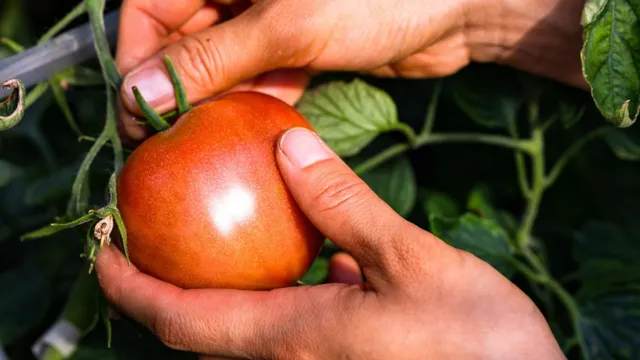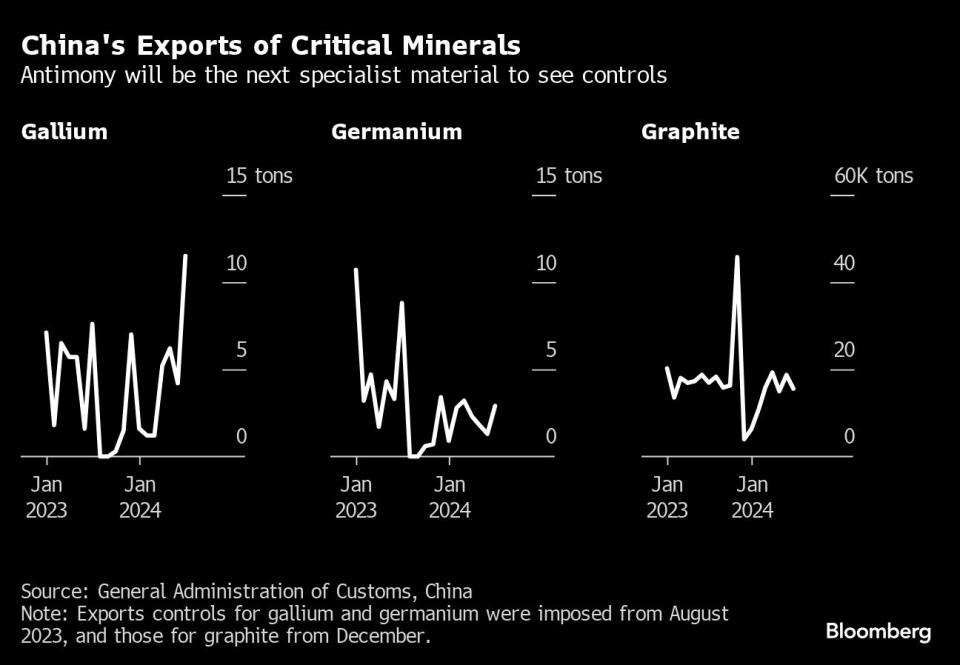Forced Labor Exposed: Italian Tomato Purees Linked To Chinese Slavery

A recent investigation has uncovered that several UK supermarkets are selling “Italian” tomato purees that likely contain tomatoes grown and picked in China using forced labor. The investigation, which involved testing 64 different tomato purees sold in the UK, Germany, and the US, found that 17 products appeared to contain Chinese tomatoes.
The tomatoes are grown in the Xinjiang region of China, where there have been reports of forced labor and human rights abuses against Uyghur and other Muslim minorities. The Chinese government has denied these allegations, but the US has sanctioned several Chinese companies, including Xinjiang Guannong, for using forced labor.
The investigation found that several UK supermarkets, including Tesco, Asda, Morrisons, and Waitrose, were selling tomato purees that appeared to contain Chinese tomatoes. The supermarkets have disputed the findings, with some claiming that they had carried out their own tests and found no evidence of Chinese tomatoes.
However, an undercover investigation by a BBC reporter found evidence that suggested otherwise. The reporter posed as a businessman and toured a factory owned by the Petti group, an Italian company that supplies tomato purees to several UK supermarkets. During the tour, the reporter saw barrels of tomato paste labeled as being from Xinjiang Guannong, a company that has been sanctioned by the US for using forced labor.
The Petti group has denied using Chinese tomatoes, but the investigation found evidence that suggested otherwise. The company has since announced that it will no longer import tomato products from China and will enhance its monitoring of suppliers to ensure compliance with human and workers’ rights.
The investigation has raised concerns about the use of forced labor in the production of food products and the need for greater transparency and regulation in the food industry. It has also highlighted the need for consumers to be aware of the origins of the products they buy and to demand greater accountability from companies.
The UK government has said that it is committed to tackling forced labor and modern slavery, but critics argue that more needs to be done to prevent the importation of products made with forced labor. The government has announced plans to introduce new legislation to strengthen the Modern Slavery Act, but it remains to be seen whether this will be enough to address the issue.
In the meantime, consumers can take steps to avoid buying products that may have been made with forced labor. This includes checking the labels and looking for certifications such as Fairtrade or Organic, which have stricter standards for labor practices. Consumers can also contact companies directly to ask about their supply chains and labor practices.






